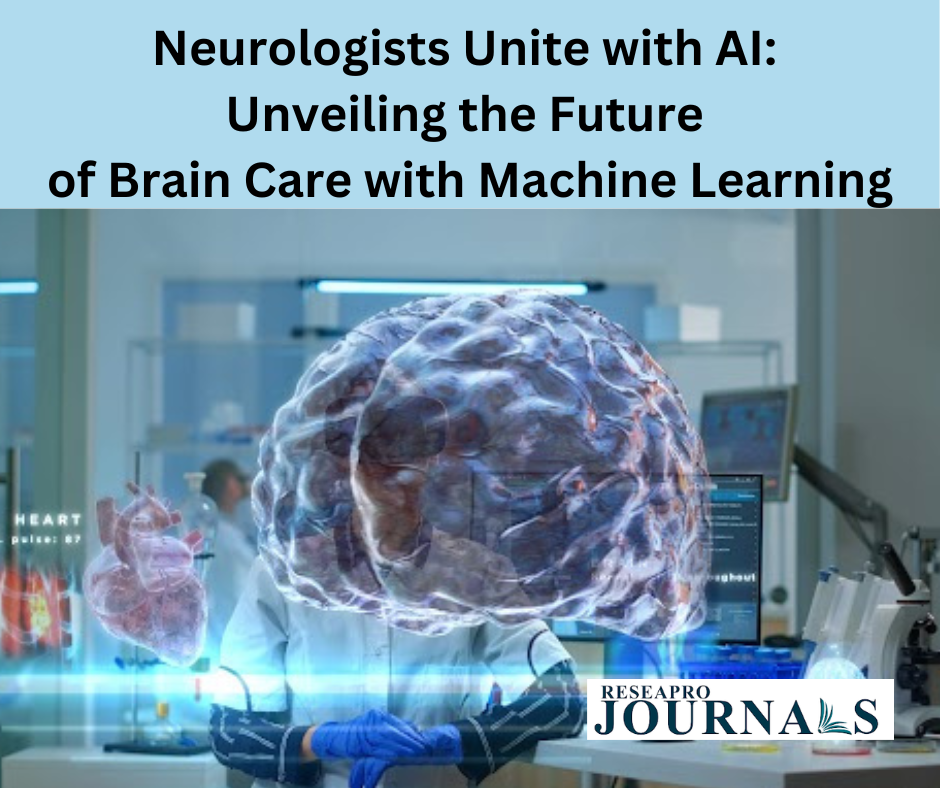The world of neurology is poised for a transformative shift as neurologists and artificial intelligence (AI) join forces to revolutionize brain care. This powerful collaboration is paving the way for faster diagnoses, more effective treatments, and ultimately, better patient outcomes.
AI’s contributions to neurology:
- Enhanced diagnostics:┬ĀAI algorithms can analyze brain scans with remarkable precision,┬Āaiding in the early and accurate diagnosis of neurological disorders like Alzheimer’s,┬ĀParkinson’s,┬Āand stroke.
- Personalized medicine:┬ĀAI can analyze vast amounts of patient data to tailor treatment plans to individual needs,┬Āleading to more effective therapies and reduced side effects.
- Predictive power:┬ĀAI models can predict the progression of neurological diseases,┬Āallowing for proactive interventions and improved disease management.
- Drug discovery:┬ĀAI can accelerate the discovery and development of new drugs for neurological disorders by identifying promising drug targets and simulating their effects.
- Clinical research:┬ĀAI can analyze massive datasets from clinical trials,┬Āleading to faster and more robust research findings.
Examples of AI-powered advancements in neurology:
- Deep learning algorithms can analyze brain scans to identify subtle changes associated with Alzheimer’s disease years before symptoms appear, enabling early intervention and potentially delaying disease progression.
- Machine learning models can analyze patient data to predict the risk of stroke, allowing for preventative measures and personalized treatment plans.
- AI can analyze EEG signals to detect seizures in real-time and alert patients and caregivers, improving seizure management and potentially preventing injuries.
The future of brain care with AI:
The integration of AI into neurology is still in its early stages, but the potential is immense. By combining the expertise of neurologists with the power of AI, we can move towards a future where neurological disorders are diagnosed earlier, treated more effectively, and ultimately, prevented or even cured.




